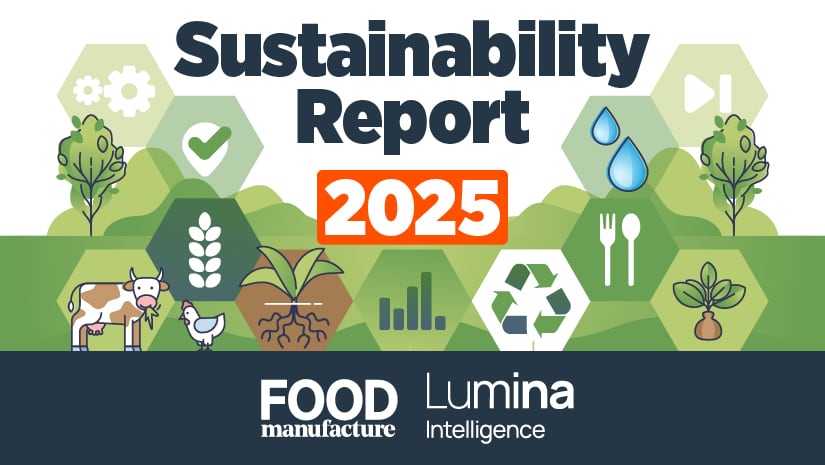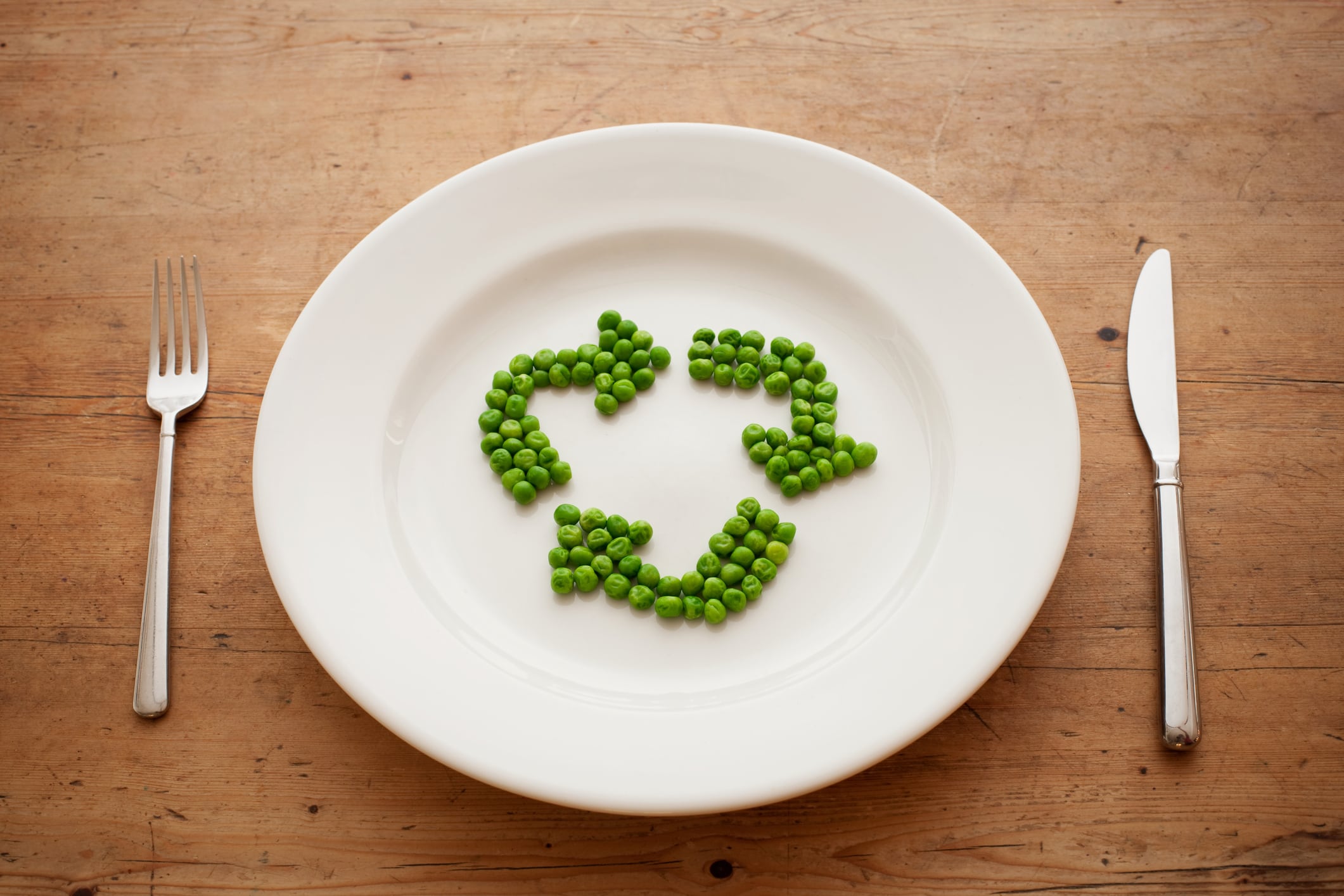As sustainability becomes a central pillar of corporate strategy, brands are increasingly eager to showcase their environmental credentials. From carbon-neutral pledges to eco-friendly packaging, green messaging is everywhere. But with this surge in sustainability claims comes a growing risk: greenwashing.
What is greenwashing?
Greenwashing is the act of misleading consumers about the environmental benefits of a product, service, or company.
Greenwashing is no longer just a reputational hazard, it’s a regulatory and financial risk that can undermine trust, damage brand equity, and invite scrutiny from watchdogs and consumers alike.
Why greenwashing happens
The pressure to appear sustainable is immense. Consumers are demanding transparency, investors are prioritising ESG performance, and competitors are racing to ‘out-green’ each other. In this environment, it’s tempting to make bold claims — sometimes without the evidence to back them up.
Common examples of greenwashing include:
- Vague language: Terms like ‘eco-friendly’ or ‘sustainable’ used without context or substantiation.
- Selective disclosure: Highlighting one green aspect while ignoring broader environmental impacts.
- Overstated benefits: Suggesting a product is entirely carbon-neutral or zero-waste when only parts of the process meet those standards.
- Lack of third-party verification: Making claims without independent certification or data.
These tactics may offer short-term marketing wins, but they carry long-term consequences.
The regulatory landscape is shifting
Regulators are no longer turning a blind eye. Authorities in the UK, EU, and beyond are tightening rules around environmental claims. New legislation empowers regulators to impose significant fines for misleading sustainability messaging, and enforcement is ramping up.
This shift reflects a broader trend: sustainability is being treated with the same seriousness as financial reporting. Just as companies must substantiate earnings and forecasts, they must now validate their environmental claims.
The cost of getting it wrong
Greenwashing can erode consumer trust, especially among younger values-driven audiences who expect authenticity and transparency. It can also lead to:
- Legal action and fines
- Negative press coverage
- Loss of investor confidence
- Internal morale issues - especially among employees who value purpose-driven work
In a digital age where misinformation spreads fast and accountability is demanded instantly, the reputational fallout from greenwashing can be swift and severe.
Turning risk into opportunity
The good news? Avoiding greenwashing isn’t just about risk mitigation — it’s a chance to build stronger, more credible brands.
Here’s how businesses can lead with integrity:
1. Invest in ESG assurance
Independent verification of environmental claims ensures accuracy and builds trust. ESG assurance involves validating data, aligning with recognised standards, and ensuring that messaging reflects reality — not aspiration.
2. Educate internal teams
Marketing, product and leadership teams must understand the nuances of sustainability communication. Training on greenwashing risks and ESG best practices can prevent missteps and foster a culture of accountability.
3. Audit existing claims
Review all sustainability messaging across platforms. Identify vague or unsubstantiated statements and replace them with clear, evidence-based language.
4. Embed ESG into strategy
Sustainability should be more than a marketing angle — it should be woven into product development, supply chain decisions, and corporate governance. When ESG is part of the DNA, authenticity follows naturally.
5. Engage with stakeholders
Transparency means inviting dialogue. Share your sustainability journey, including challenges and areas for improvement. Consumers and investors value honesty over perfection.
The future is transparent
Greenwashing is a symptom of a deeper issue: the gap between sustainability ambition and execution. Closing that gap requires more than good intentions — it demands rigour, accountability, and a commitment to truth.
Brands that embrace transparency and invest in ESG assurance won’t just avoid regulatory pitfalls — they’ll earn the trust of consumers, employees, and investors. In a world where sustainability is scrutinised, credibility is the new currency.
Showcase your impact
If your organisation is actively driving sustainable change in manufacturing — from reducing carbon emissions and improving supply chain transparency to designing products for longevity and circularity — now is the time to be recognised.

Enter the Food Manufacture Excellence Awards (FMEAs) 2025 in the Sustainable Manufacturer of the Year category, this award celebrates manufacturers who are embedding sustainability and ethical practices into every layer of their operations.
Let your sustainability story inspire others — and set the standard for responsible manufacturing.
Menzies is the headline sponsor of the FMEAs 2026.




